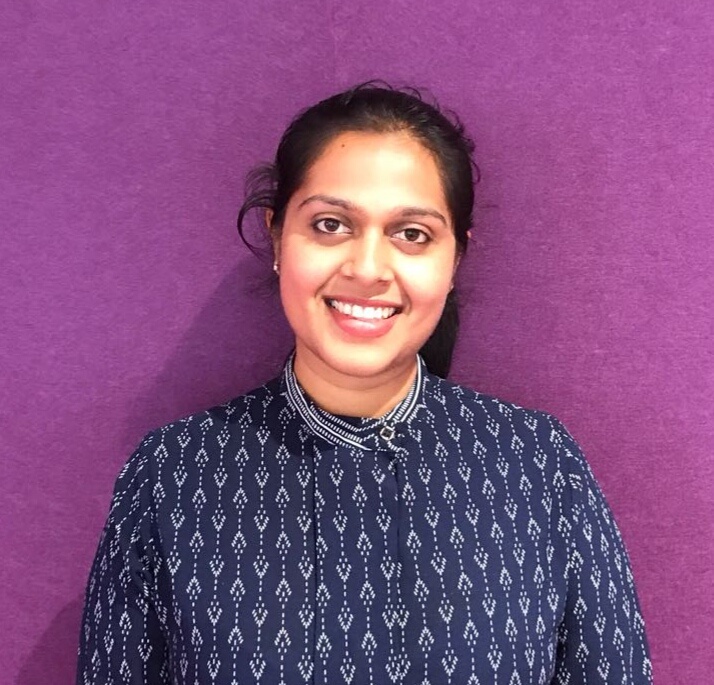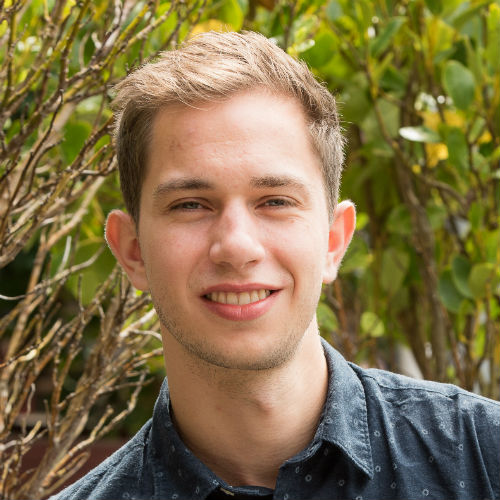
Master of International Relations – MIR
Enhance your ability to analyse complex geopolitical issues. Study a one-year specialist International Relations programme and take your career global.
Academic staff contacts
- Dr Ayca ArkilicDr Ayca Arkilic—European politics, Middle East politics, immigration studies
- Prof Robert AysonProf Robert Ayson—Strategic studies, Asian security, New Zealand international policy
- Dr Alexander BukhDr Alexander Bukh—Northeast Asian territorial disputes, Japanese politics, identity politics
- Dr Emily BeausoleilDr Emily Beausoleil—Contemporary political theory, democratic theory and practice (radical democratic, deliberative, agonist democracy), multicultural theory and practice, postcolonial and decolonial theory, post-structural theory, affect, and embodiment, aesthetics and performance, any topic related to how we enact politics—particularly democratic politics—in everyday life
- AProf David CapieAProf David Capie—Non-traditional security issues, Asian-Pacific security, New Zealand foreign policy
- Dr Matthew CastleDr Matthew Castle—International political economy, international trade, international agreements and organisations
- Dr Patrick FlammDr Patrick Flamm—Identity and foreign policy in International Relations, Antarctic politics, international environmental politics and the Anthropocene, Korean studies
- Prof Jon FraenkelProf Jon Fraenkel—South Pacific politics, regional issues
- Prof Xiaoming HuangProf Xiaoming Huang—East Asian politics, political economy, international relations
- Dr Iati IatiDr Iati Iati—South Pacific governance, South Pacific geopolitics, New Zealand foreign policy
- Dr Manjeet Pardesi Dr Manjeet Pardesi —Asian security, Indian foreign policy, foreign policy analysis
- Dr Kate SchickDr Kate Schick—Critical security studies, representations of war
- Dr Jason YoungDr Jason Young—Chinese foreign policy, New Zealand–China relations
- Dr Van JacksonDr Van Jackson—East Asian security, US foreign policy, foreign policy analysis

Sachithra Herath
Master of International Relations
I was impressed by the wide array of courses that Victoria University of Wellington offered under the MIR programme and the depth of knowledge each course delves into.
Stepping things up
I already had a Bachelor of Arts in International Studies from Sri Lanka so I was looking for a postgraduate programme that would challenge me intellectually and equip me to understand the important transformations underway in the international arena today.
A truly international experience
Studying alongside students from different countries, listening to their stories and understanding their world view has enriched my cross-cultural awareness and global vision. On a more personal level, studying war and its aftermath as part of the programme made me look at my home country, Sri Lanka, and its ethnic war, in a new light and understand opportunities and challenges that lie on the path to sustainable peace.
Toolkit for understanding
Through pursuing the MIR I wanted to acquire the analytical tools necessary to view world politics and international relations from diverse perspectives. I wanted to improve my critical thinking skills, to not take in what is popular and accepted in society, but to explore the nuances underlying events happening around us.

Fabian Brunner
Master of International Relations
I’ve loved having the chance to examine politics from the perspective of the Pacific, which has been an exciting and new experience for me since European universities still remain more focused on the Atlantic.
Easy decision
I was curious to study in New Zealand. It’s so far from Germany where I’m from and has a different perspective to offer. I’d always heard great things about New Zealand from friends, so when I had the opportunity to study in Wellington and saw the Master of International Relations programme, I didn’t have to think about it for long. It’s an amazing place to grow academically, while living in one of the most beautiful cities in the world.
Global politics
I wanted to learn more about what drives politics on a global level. I was curious to understand why states interact with each other the way they do, and how important topics are handled in international organisations. Of course I am still far from understanding these developments entirely, but the programme has definitely brought me closer.
It’s the small things
You really get to know the experts in the field in the Master of International Relations programme. The classes are relatively small and the lecturers’ doors are always open for questions. The University also has close contact with the diplomatic community in Wellington and you can easily go to public debates or workshops with professionals and policy makers. In my opinion this is quite unique to Wellington and would not be possible in a bigger capital.
Previous
RequirementsNext
How to apply

